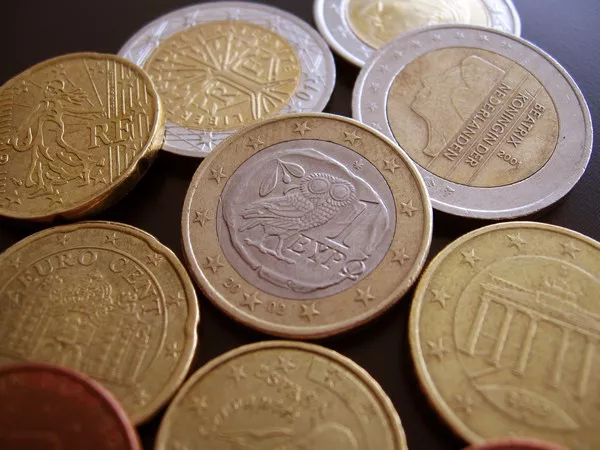The euro, the official currency of the Eurozone, has played a pivotal role in shaping European economies since its introduction in 1999. As with any major currency, the euro’s performance is subject to various factors that influence its value in international markets. This article aims to analyze the current economic landscape and key indicators to determine whether the euro is expected to drop in the foreseeable future.
1. Historical Performance of the Euro:
To understand the potential trajectory of the euro, it is essential to examine its historical performance. Over the years, the euro has experienced both periods of strength and weakness against major currencies such as the U.S. dollar. Factors influencing its performance include economic growth, interest rates, inflation, political stability, and market sentiment.
2. Economic Indicators:
Economic Growth: Robust economic growth typically contributes to a strong currency. The Eurozone has witnessed moderate economic expansion in recent years, supported by increased consumer spending, investment, and export demand. However, concerns persist regarding uneven growth across member countries, structural challenges, and geopolitical uncertainties, which may impact the euro’s performance.
Interest Rates: Central bank policies and interest rates play a significant role in determining currency values. The European Central Bank (ECB) controls monetary policy within the Eurozone. Currently, the ECB maintains historically low interest rates, which can influence the attractiveness of the euro for foreign investors.
Inflation: Persistent inflationary pressures can weaken a currency. The Eurozone has experienced relatively low inflation over the past decade, although some fluctuations have occurred. The ECB’s ability to manage inflation effectively is crucial in maintaining the euro’s stability.
3. Political Factors:
Political instability or uncertainty can have adverse effects on a currency’s value. In recent years, events such as the Brexit referendum and political tensions within the Eurozone have added volatility to the euro’s performance. Ongoing geopolitical risks, including trade disputes and eurozone integration challenges, may also affect investor confidence and subsequently impact the euro.
4. Global Economic Trends:
The global economic environment is interconnected, and external factors can significantly influence currency values. Developments such as changes in trade policies, shifts in global growth dynamics, and geopolitical events can create fluctuations in currency markets. Close monitoring of these trends is crucial when assessing the future prospects of the euro.
5. Future Outlook:
Predicting the exact trajectory of any currency is a complex task, as numerous variables are at play. However, based on the current economic landscape and indicators, several factors suggest that the euro’s value may face some challenges in the future.
Structural Challenges: The Eurozone continues to grapple with structural issues, including high levels of public debt, divergent fiscal policies, and limited coordination among member states. These challenges may hamper the euro’s ability to gain significant strength.
Monetary Policy Divergence: Central banks worldwide have adopted different approaches to monetary policy. If major central banks, like the Federal Reserve, opt for tighter monetary policies while the ECB maintains an accommodative stance, it could lead to a divergence that affects the currency exchange rates.
Political Uncertainty: Political developments, such as elections, referendums, or changes in leadership, can introduce volatility into currency markets. Investors closely monitor political events and policy decisions that may impact the Eurozone’s stability.
Conclusion:
While predicting the future direction of the euro with certainty remains challenging, analyzing economic indicators, political factors, and global trends can provide valuable insights. Several factors suggest that the euro may face challenges in maintaining its current strength. However, it is essential to note that the currency market is influenced by a wide range of variables, and unforeseen events can significantly impact its trajectory. Regular monitoring and analysis of these factors will enable investors and policymakers to make informed decisions regarding the euro’s future prospects.


